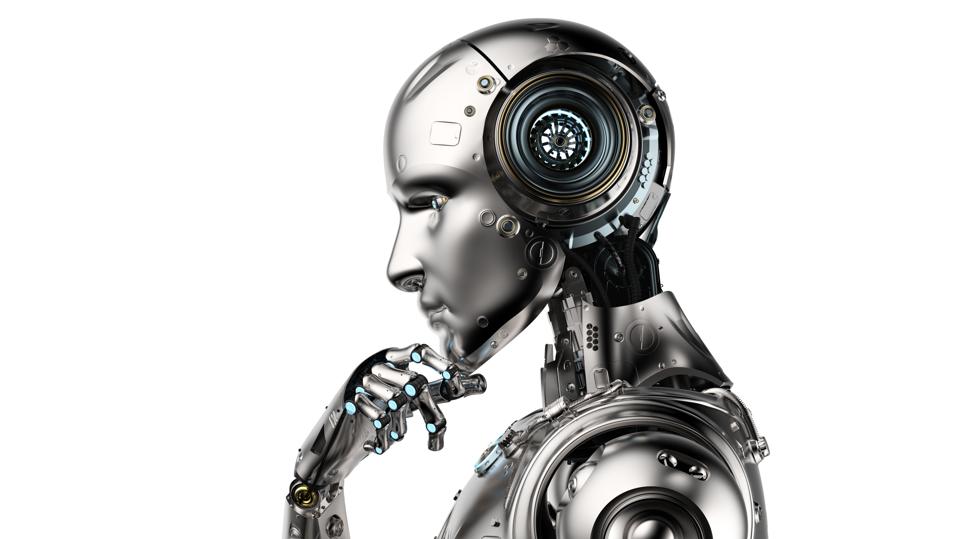 Matthew Hutson
Matthew Hutsonpsychologytoday.com
Originally posted 9 Dec 19
Here is an excerpt:
For sure, designing technologies to encourage ethical behavior raises the question of which behaviors are ethical. Vallor noted that paternalism can preclude pluralism, but just to play devil’s advocate I raised the argument for pluralism up a level and noted that some people support paternalism. Most in the room were from WEIRD cultures—Western, educated, industrialized, rich, democratic—and so China’s social credit system feels Orwellian, but many in China don’t mind it.
The biggest question in my mind after Vallor’s talk was about the balance between self-cultivation and situation-shaping. Good behavior results from both character and context. To what degree should we focus on helping people develop a moral compass and fortitude, and to what degree should we focus on nudges and social platforms that make morality easy?
The two approaches can also interact in interesting ways. Occasionally extrinsic rewards crowd out intrinsic drives: If you earn points for good deeds, you come to expect them and don’t value goodness for its own sake. Sometimes, however, good deeds perform a self-signaling function, in which you see them as a sign of character. You then perform more good deeds to remain consistent. Induced cooperation might also act as a social scaffolding for bridges of trust that can later stand on their own. It could lead to new setpoints of collective behavior, self-sustaining habits of interaction.
The info is here.







